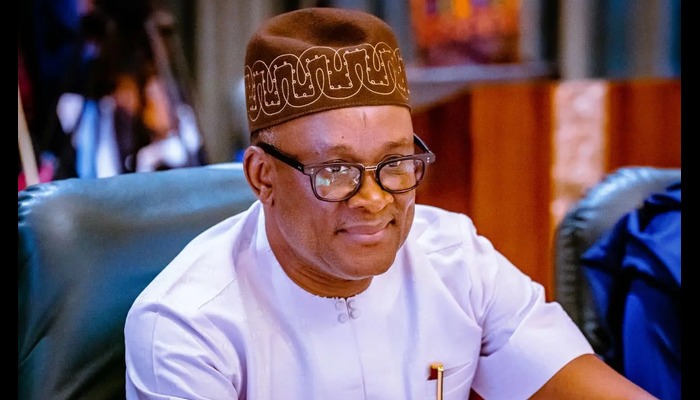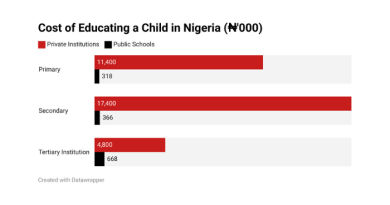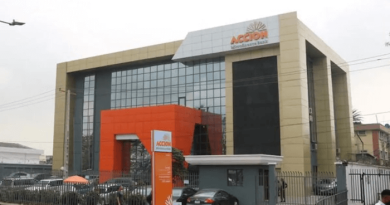FG reaffirms commitment to carbon reduction with NEV T6 electric bus launch
The Federal Government has reiterated its commitment to promoting sustainable transportation and reducing carbon emissions with the official launch of the NEV T6 electric buses in Abuja on Friday.
John Enoh, Minister of State for Industry, Trade, and Investment, who inaugurated the electric buses, emphasized that the initiative aligns with Nigeria’s goal of achieving 30% growth in electric mobility under the National Automotive Industrial Development Plan (NAIDP).
“Electric vehicles represent the future of mobility, and that future starts today. This launch goes beyond introducing buses; it is about embracing innovation to ensure Nigeria remains competitive in the global automotive industry,” Enoh said
He stressed the importance of local content development in the sector to enhance sustainability and economic growth.
Enoh added that the government has pledged to support policies and investments that will facilitate the growth of the electric vehicle sector, including the development of charging infrastructure and renewable energy solutions.
Also speaking at the event, Uche Nnaji, Minister of Science and Technology highlighted Nigeria’s abundant lithium reserves, stating that the government is focused on local processing to support domestic battery production.
“Nigeria has abundant lithium reserves, and we are focused on processing it locally for battery production rather than exporting raw materials. This will support electric vehicle manufacturing, create jobs, and boost the economy,” Nnaji said.
Joseph Osanipin, Director-General of the National Automotive Design and Development Council (NADDC), emphasized the need to produce more affordable electric vehicles for Nigerians.
He noted that the new buses are 100% electric, producing zero emissions, which will significantly benefit public health and the environment.
“For us in NADDC, we know that the path we are treading will lead us to sustainable mobility, and we are working with relevant bodies to provide the needed infrastructure,” Osanipin added.
Similarly, Khalil Halilu, Executive Vice Chairman of the National Agency for Science and Engineering Infrastructure (NASENI), stressed that Nigeria’s transition to electric mobility must be complemented by renewable energy infrastructure.
“Electric vehicles cannot be powered by fossil fuels. This shift is about more than transportation; it is a step towards revolutionizing Nigeria’s energy sector. With our vast solar energy potential, Nigeria should be at the forefront of renewable energy solutions,” Halilu stated.
Mosope Olaosebikan, Chief Executive Officer of NEV Motors, expressed optimism about the future of electric mobility in Nigeria, stating that the launch of the buses proves the viability of EVs in the country.
“There were doubts about whether EVs could work in Nigeria, but today we have proven that it is possible. This is not just about launching a vehicle; it is about launching a movement that positions Nigeria as a leader in clean transportation,” he said.
He explained further that the NEV T6 electric buses are expected to reduce dependence on fossil fuels while promoting affordable, clean, and efficient public transportation.




